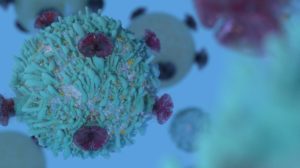
Epigenetic Alterations and Peripheral T-Cell Lymphoma (PTCL)
While epigenetic alterations can be natural and possibly reversible, divergent epigenetic alterations play a vital role in the pathogenesis and development of specific types of

While epigenetic alterations can be natural and possibly reversible, divergent epigenetic alterations play a vital role in the pathogenesis and development of specific types of
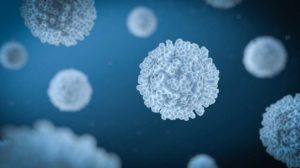
Telomeres are repeating sequences of nucleotides at the ends of all chromosomes that function to prevent chromosomal “fraying” during cell replication. They act like the

For most scientific experiments and biomedical research, mice and rats have been the preferred species due to their genetic similarities to humans and their anatomical
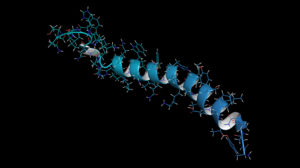
Diabetes is a rampant condition that affects about 422 million people worldwide. The majority of these cases are in low-and middle-income countries. Each year, diabetes
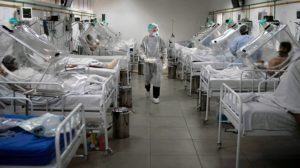
The COVID-19 pandemic continues its rage across the globe, leaving behind devastating socioeconomic ramifications and health crises. Although several factors such as underlying health conditions

Epigenetic modifications are chemical changes that affect how genes are expressed without altering the genetic sequence. While epigenetic modifications occur naturally in several vital processes

Biological aging is shown through the accumulation of cellular changes, including telomere attrition and epigenetic alterations. These cellular changes, in turn, drive deterioration in tissues
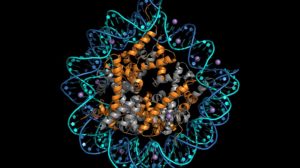
Over the decades, there have been many advances in developing treatments for different types of cancer, specifically in the field of cancer genomics. These sophisticated
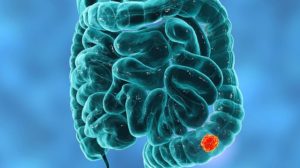
Millions of people globally are affected by Colorectal Cancer (CRC). This common disease of the digestive system is associated with alcohol intake, smoking, increased body

Socioeconomic position (SEP) includes income and financial security and educational attainment, and personal perceptions of social class and social status. Thanks to the study of